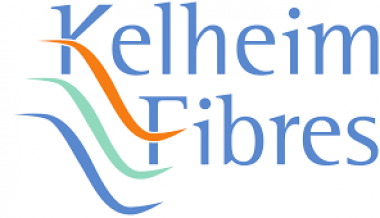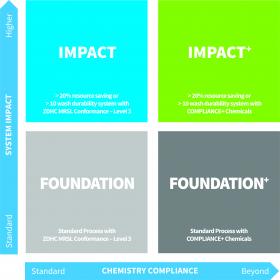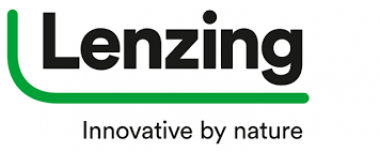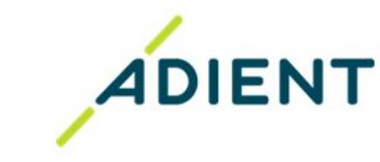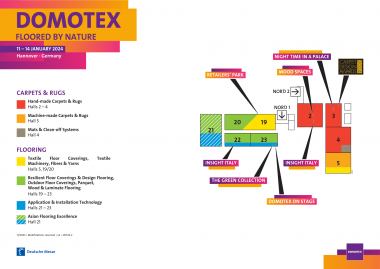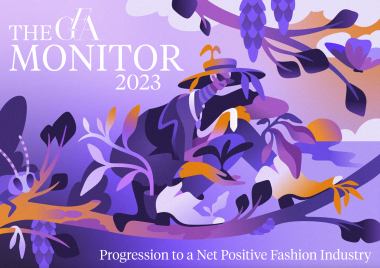AkzoNobel: New manufacturing plant in Pakistan
A new €26 million manufacturing plant with its own forest has been opened by AkzoNobel in Faisalabad – the company’s largest investment in Pakistan to date.
The 25-acre site, which has facilities for making decorative paint, wood finishes, automotive and specialty coatings, coil coatings and protective coatings, will help to meet increasing customer demand across a variety of markets.
Also incorporated into the Faisalabad location is a forest spanning an area of 5,450 square feet. More than 1,400 native trees and shrubs – planted using the Japanese Miyawaki gardening technique – are expected to grow into a flourishing self-sustaining ecosystem over the next two years.
The site, which employs nearly 200 people, has been constructed to comply with the company’s strict environmental standards and includes a series of sustainability features, such as renewable energy generation and energy efficient design.
AkzoNobel









